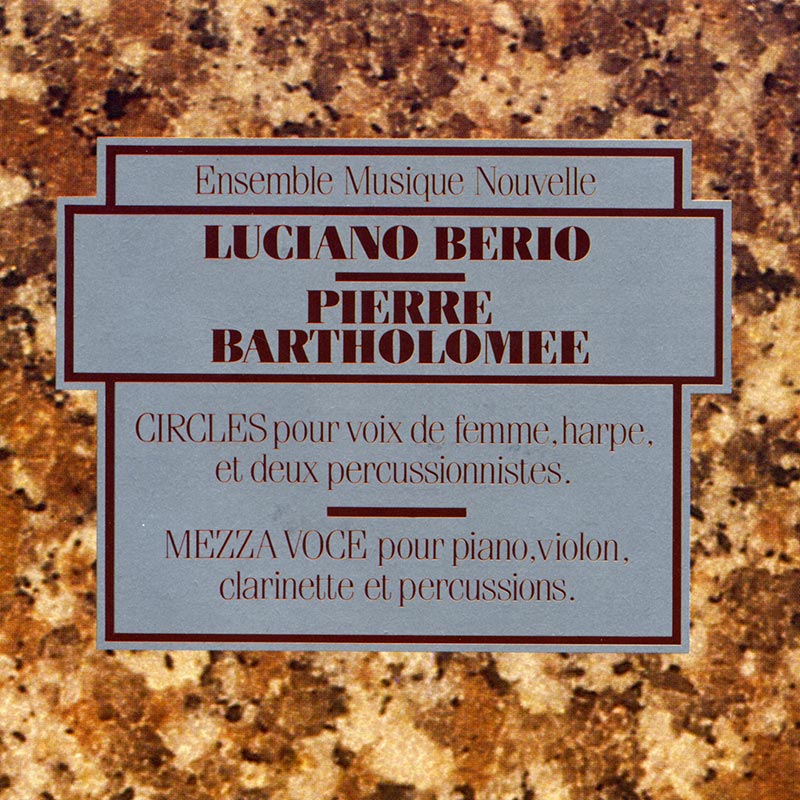The Italian composer Luciano Berio was both: a Mediterranean rationalist, even a pragmatic, and a restless searcher in the chaotic trenches of history. Born in 1924 in Oneglia near Genoa, he was always thought of as a sort of aesthetic and political antipode to Luigi Nono. Berio, though also left-of-centre politically, favoured the westward-looking orientation of his fellow Genoese Columbus. It was no coincidence that Berio spent much time living and learning in America. A dogmatist he was not. At the same time, the name Berio stands for new music’s heroic pioneering generation. He figured decisively in the genesis of many influential ideas and techniques – enthusiastic, unbelievably creative and versatile, but never convinced of having found the “silver bullet.” He did, of course, do serial composition in the 1950s, developing complex structures, but soon relaxed to produce prototypes of orchestral “music in space” with “Allelujah II.”, while also taking John Cage’s idea of mobile forms and developing it further in a highly individual way (“Circles”, “Tempi concertati”). And he was one of the first to make creative use of music’s electro-acoustic dimension and – using the voice, of all things – to draw from it electronic masterpieces, such as “Omagio a Joyce” or “Altra voce.”
Gerhard. R. Koch
On the Death of Luciano Berio (Taken from Universal Editions’ web page, as is the ‘timeline’ )

